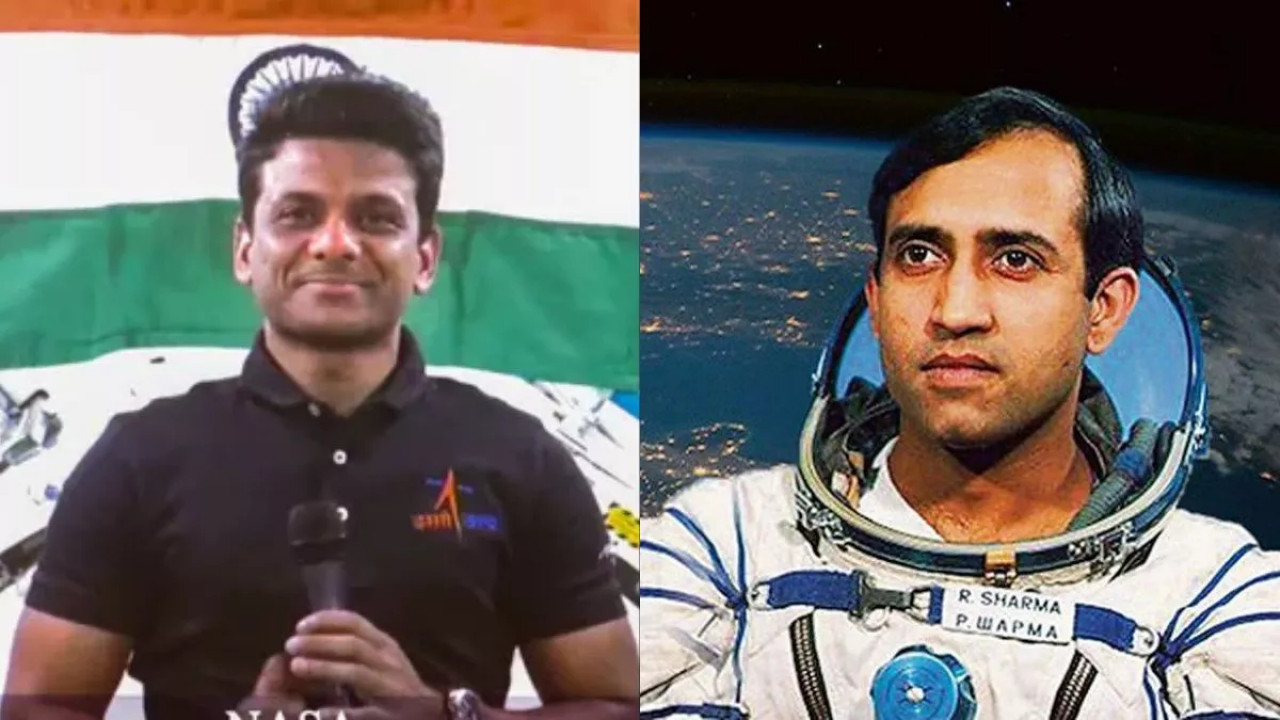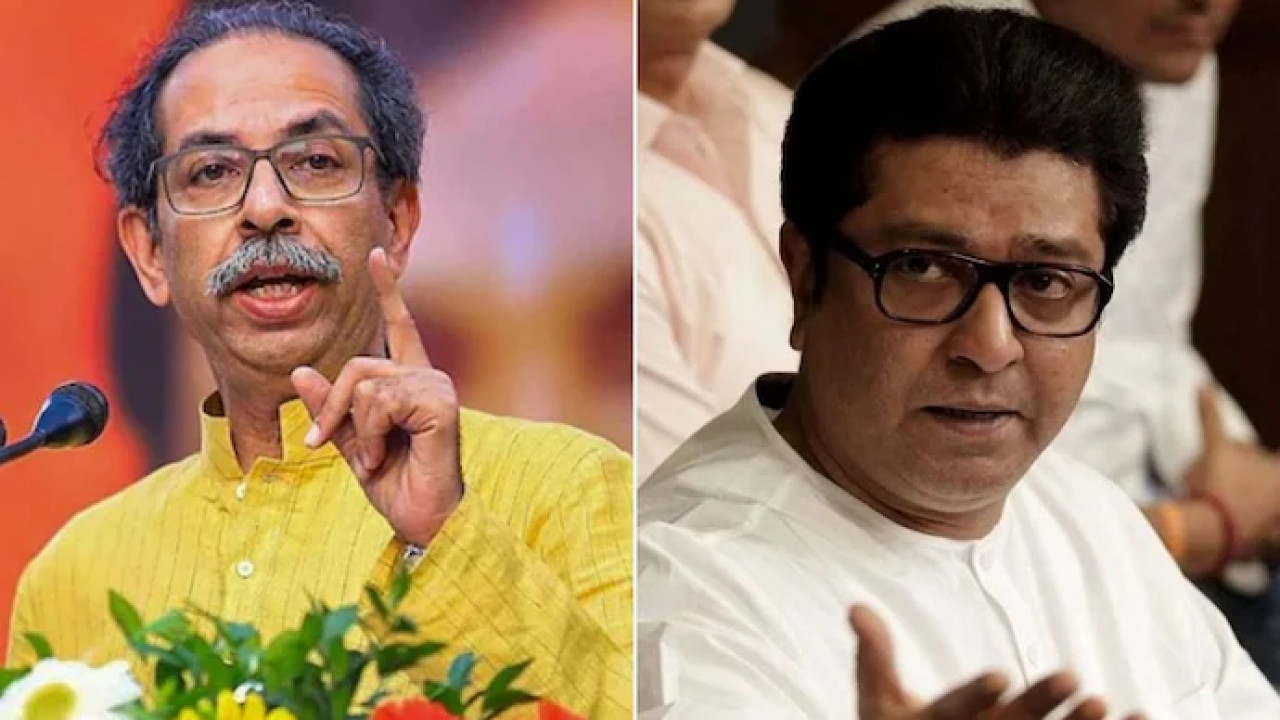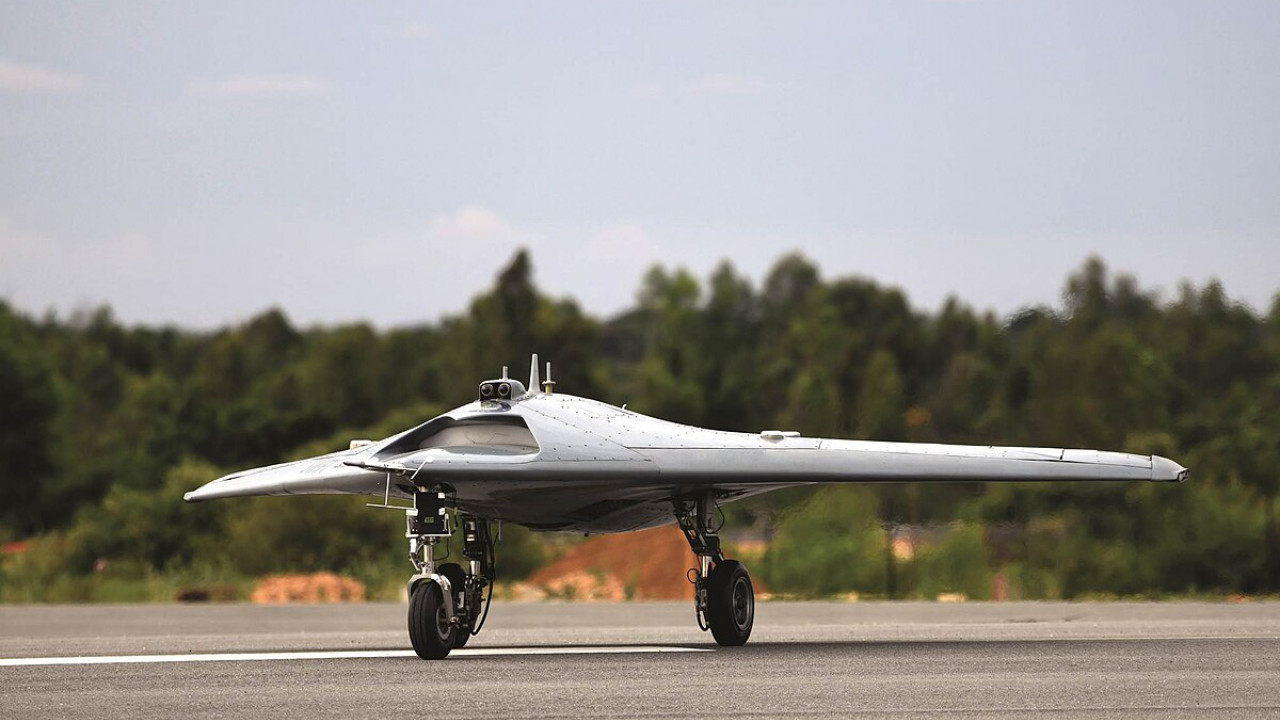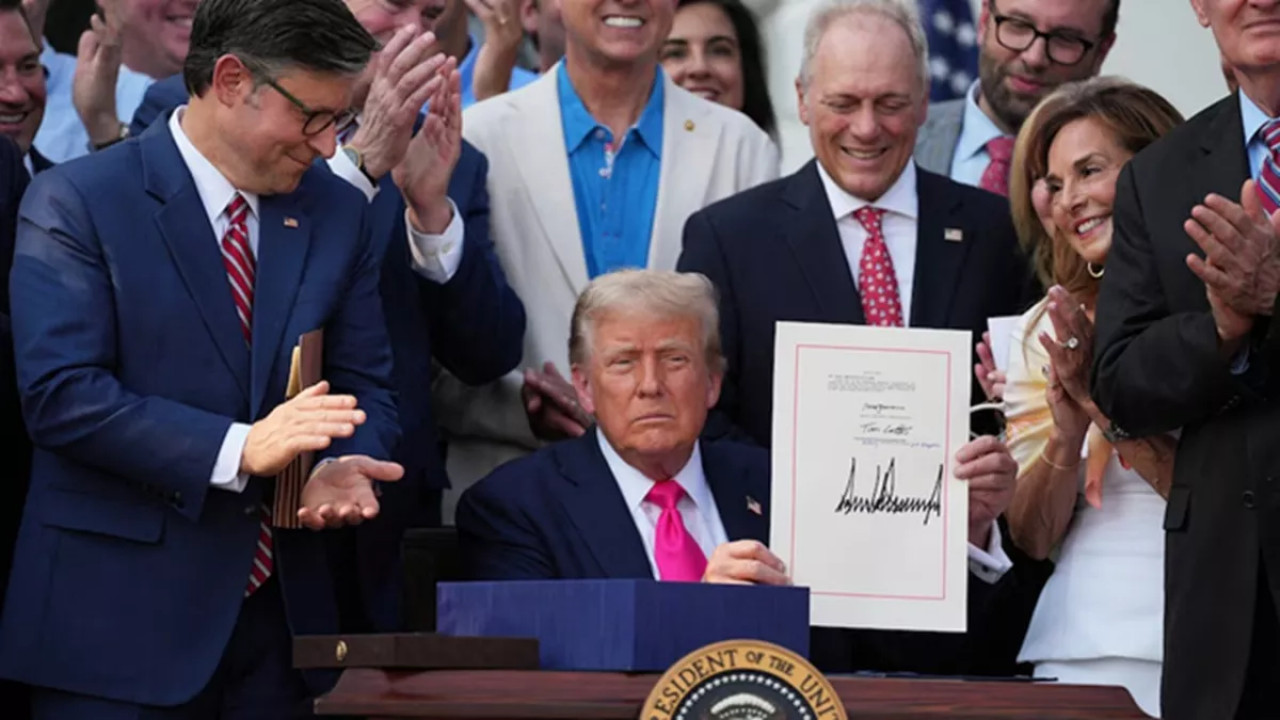National News: Indian astronaut Shubhanshu Shukla has etched his name in history by spending nine consecutive days aboard the International Space Station (ISS). With this achievement, he has become the Indian astronaut to spend the longest duration in space. Previously, this record was held by Rakesh Sharma, who spent seven days, 21 hours, and 40 minutes in space in 1984 under the Soviet Intercosmos Program.
A Mesmerizing View of Earth from Space
Shubhanshu described watching Earth from the ISS as a once-in-a-lifetime experience. According to him, seeing our planet from the station’s transparent vantage point was nothing short of breathtaking. With no atmospheric interference or clouds, the view was crystal clear and deeply moving. He called this the most thrilling moment of his mission.
Sharing Indian Cuisine in Zero Gravity
During the mission, Shubhanshu and his international crewmates enjoyed dishes from various cultures. Shubhanshu proudly shared traditional Indian items such as carrot halwa, moong dal halwa, and mango juice with his fellow astronauts. The crew thoroughly enjoyed the flavors, making the meal a memorable and emotional moment as they dined together in microgravity.
Connecting with India via Ham Radio
After completing seven days in orbit, Shubhanshu was granted a rest day. He used this opportunity to connect with Indian scientists and citizens via ham radio, facilitated through a telebridge at the UR Rao Satellite Centre in Bengaluru. This interaction was particularly special to him, as he shared real-time insights from space with people back home.
A Joint ISRO-NASA Mission
Shubhanshu’s journey to space began at the Kennedy Space Center in the United States. He is part of the Axiom-4 mission, a collaborative project between ISRO and NASA. Joining him on this mission are Peggy Whitson (USA), Slavosz Ujnanski-Wisniewski (Poland), and Tibor Kapu Dragon (Hungary). It took the team approximately 28 hours to reach the ISS.
Breakthrough in Scientific Research
As part of the mission, the crew conducted several critical scientific experiments. According to Mission Commander Whitson, one key study focused on how tumor cells behave in near-zero gravity. The findings from this research could play a significant role in the future of cancer treatment. Axiom Space hailed the crew's efforts as a major step forward in space-based science.
Shubhanshu Shukla’s achievement goes far beyond personal success—it is a symbol of India's growing strength in space exploration. His dedication and accomplishments reflect the capability of Indian scientists on a global platform. As a trailblazer, his journey will undoubtedly inspire future generations of Indian space explorers and researchers.












